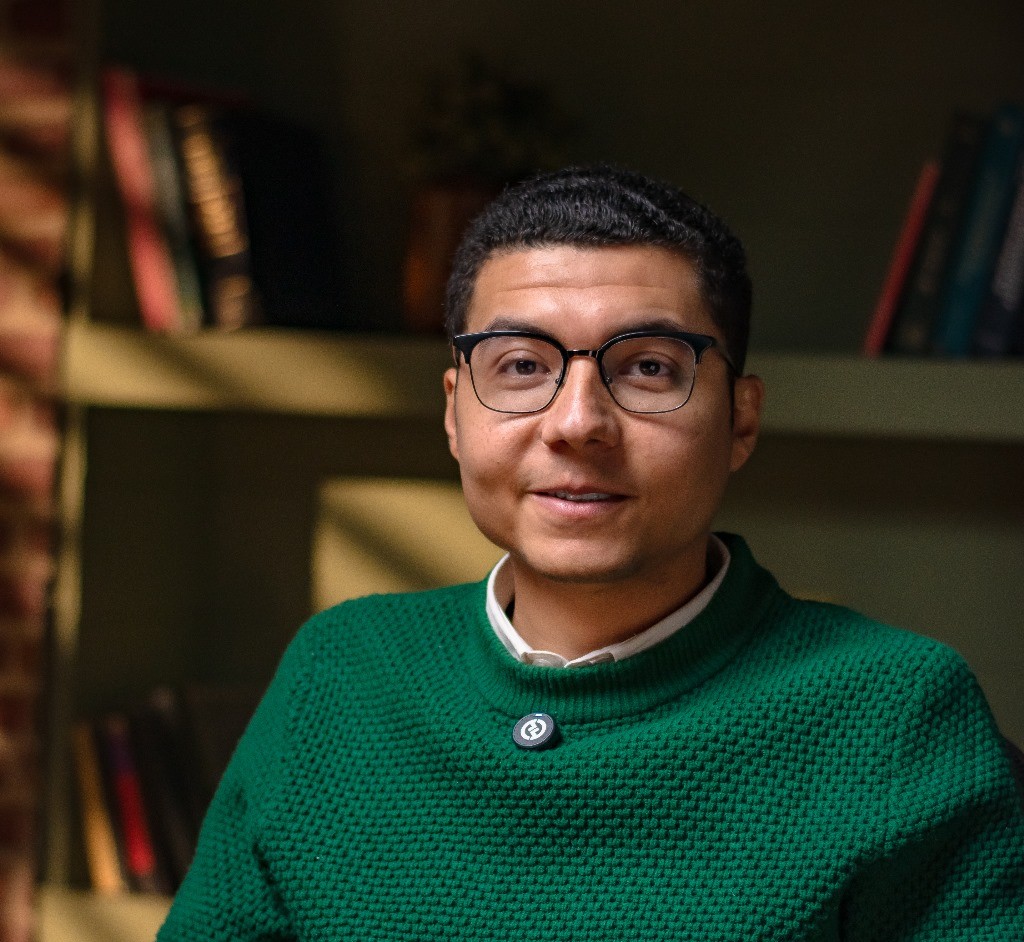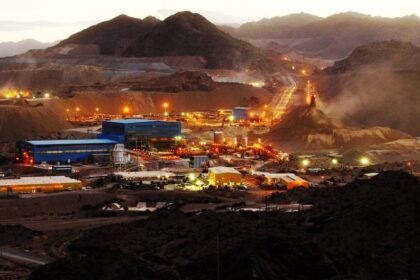By Mohamed Alaa, CEO of Shezlong
At a Glance
- Conflict triggers rising stress, burnout, and anxiety in workplaces across MENA and Africa.
- Emotional suppression at work weakens trust, innovation, and team performance.
- AI-powered therapy tools help stabilize mental health in conflict-affected regions.
When we speak about the casualties of war, we often count bodies, cities, and headlines. But what about minds? What about the silent emotional fractures carried by employees in offices, clinics, classrooms, and factories across Gaza, Khartoum, Tripoli, or even Cairo and Lagos?
In regions already burdened by economic volatility, the psychological toll of war and conflict has quietly become one of the greatest threats to productivity and by extension, to national prosperity.
As the CEO of Shezlong, the first and largest online therapy platform in the Middle East and Africa, I’ve witnessed firsthand a surge in users reporting stress, depression, and emotional burnout. Many of them professionals, entrepreneurs, and students simply trying to function in unstable environments. Our data shows a 38% increase in stress-related sessions in conflict-adjacent areas during the past 12 months alone.
Why war follows us to work
Conflict doesn’t need to physically reach your doorstep to affect your mental state. Exposure to graphic media, concern for loved ones, community unrest, and existential anxiety erode cognitive bandwidth. Neuroscience calls this allosteric load the cumulative strain on our mental systems due to chronic stress.
According to a 2023 paper in The Lancet Psychiatry, people in conflict zones exhibit a threefold increase in anxiety disorders and a 60% higher risk of burnout, even when they are not directly harmed. In the workplace, this translates to missed deadlines, poor decision-making, absenteeism, and what psychologists refer to as presenteeism being physically present, but mentally checked out.
When one person suffers, the team suffers. When teams slow down, economies follow. In fact, the World Health Organization estimates that depression and anxiety cost the global economy $1 trillion per year in lost productivity. A figure that is grossly underestimated in conflict-stricken economies where reporting is minimal and stigma is high.
The psychological cost of emotional suppression
In our region, emotional resilience is often mistaken for emotional suppression. Leaders pride themselves on not flinching, employees on powering through. But this toxic resilience comes at a cost.
Research from the Harvard Business Review shows that leaders who ignore emotional distress in themselves or their teams experience a decline in organizational trust and innovation by up to 30 percent.
Another study by the American Psychological Association highlights that people who work in high-stress, low-support environments are twice as likely to suffer cardiovascular problems.
A sobering reminder that the cost of conflict isn’t only emotional; it’s physical.
Resilience is a system, not a trait
So, what do we do when the world burns and we still have Zoom calls to attend?
First, we normalize mental health support as part of corporate and national resilience planning. At Shezlong, we’ve developed AI-powered emotional check-ins and digital therapy programs tailored for conflict settings, accessible to displaced persons, aid workers, and corporate teams alike. These aren’t luxuries; they are economic infrastructure.
Second, we empower managers to lead with empathy. Just like first-aid training, every team leader should be equipped with psychological first aid tools to recognize burnout, foster safe conversations, and refer colleagues for support.
And third, we remind ourselves and each other: it’s okay not to be okay. What’s not okay is pretending that war is only fought on battlefields.
The way forward
Across MENA and Africa, we are no strangers to resilience. But we must evolve from reactive toughness to proactive wellbeing. Every productive hour saved from emotional exhaustion is an hour invested in rebuilding our future.
To policymakers, I say: include mental health in national recovery budgets. To business leaders: make therapy as normal as coffee breaks. To workers: your productivity is not your worth, and asking for help is an act of strength, not weakness.
And to those grieving, stressed, or fearful right now. Your emotions are valid. Your wellbeing matters. And healing, like growth, is a form of resistance.
Let’s not only survive conflict. Let’s outgrow it.
Mohamed Alaa is the CEO of Shezlong, the first and largest digital therapy platform in the MENA region, serving over 300,000 users in 85 countries. He advocates for mental health access, AI-driven wellbeing, and economic diplomacy across the Global South.
Credits by Shore Africa to: Mohamed Alaa, CEO of Shezlong





